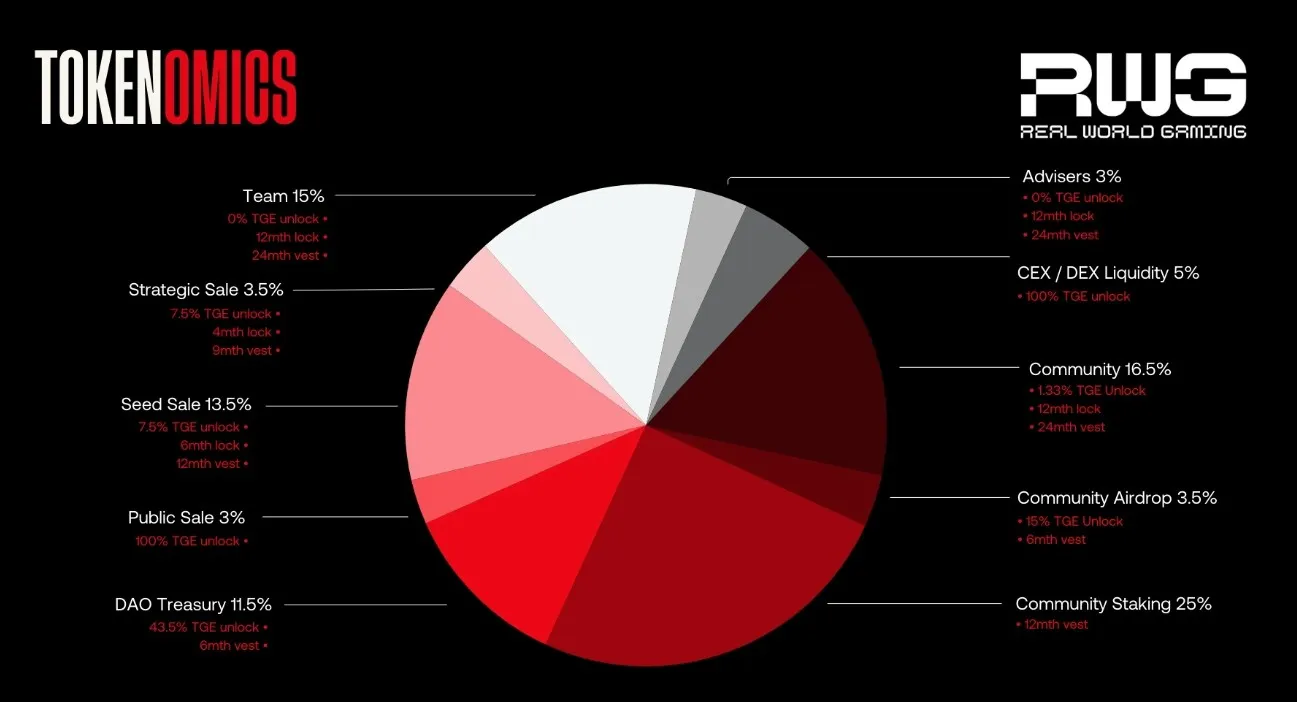Cupid's Hookup Guide
Unlock the secrets to modern dating with our insightful tips and advice.
From Pixels to Profit: How Tokenomics Shapes the Gaming Landscape
Unlock the secrets of tokenomics in gaming! Discover how digital currency drives profits and transforms the gaming landscape today.
Understanding Tokenomics: The Key to Sustainable Game Design
Tokenomics refers to the economic model that governs the issuance, distribution, and use of tokens within a given ecosystem, especially in the gaming industry. A well-structured tokenomics model is crucial for sustainable game design, as it influences user engagement and retention. By incentivizing players with rewards that have real-world value, developers can create a more immersive gaming experience. For instance, in-game currencies or assets can be tied to blockchain technology, allowing players to trade or sell them outside the game, creating a vibrant economy that benefits both players and developers.
To implement effective tokenomics, game designers should consider several factors:
- Supply Mechanics: Establish a clear distribution model that prevents inflation and maintains value.
- Utility: Ensure that tokens have multiple use cases within the game, such as purchasing in-game items or unlocking special features.
- Community Engagement: Foster a community where players contribute to the game's economy, enhancing their investment in the game's success.

Counter-Strike is a highly popular first-person shooter game that has captivated millions of players worldwide. Its competitive gameplay, teamwork mechanics, and strategic depth have made it a staple in the esports community. For those looking to enhance their gaming experience, using a bc.game promo code can provide exciting bonuses and rewards.
How Blockchain Technology is Revolutionizing Game Monetization
The advent of blockchain technology is reshaping the landscape of game monetization, allowing developers to create more equitable and engaging revenue models. Unlike traditional gaming platforms that rely heavily on in-game purchases and advertising, blockchain offers players true ownership of their in-game assets through NFTs (Non-Fungible Tokens). This paradigm shift means that gamers can buy, sell, or trade their digital assets in a secure and decentralized marketplace, fostering a sense of community and driving up the value of these assets.
Moreover, blockchain technology enables developers to implement innovative monetization strategies such as play-to-earn models, where gamers can earn cryptocurrencies or tokens for their in-game achievements. This not only incentivizes player engagement but also creates potential income streams for users who invest their time and skills. Consequently, the integration of blockchain into gaming not only enhances user experience but also paves the way for a more sustainable and rewarding gaming economy.
What Can Gamers Expect from Tokenomics in the Next Decade?
As the gaming industry continues to evolve, tokenomics is set to play a pivotal role in shaping the future of gaming experiences. Over the next decade, gamers can expect a significant transformation in how they engage with games and each other through decentralized economies. With the rise of blockchain technology, in-game assets will not only become tradable between players but also offer opportunities for real ownership, allowing gamers to monetize their skills and achievements in ways previously unimaginable. Tokenomics will enable a more equitable distribution of value, empowering players to participate actively in game economies while providing developers with fresh incentives to create engaging content.
Moreover, as tokenomics matures, gamers will likely see a shift towards more community-driven projects. Expect the rise of play-to-earn models, where players can earn tokens for their contributions, whether through gameplay, content creation, or community engagement. This decentralized approach not only fosters a vibrant gaming ecosystem, but also encourages player collaboration and innovation. As game developers harness the power of smart contracts, future games will embed tokenomics more deeply, allowing for dynamic reward systems that adapt to player behavior and preferences. In summary, the coming decade promises to redefine the relationship between gamers and their digital assets, opening new doors to immersive experiences and economic opportunities.